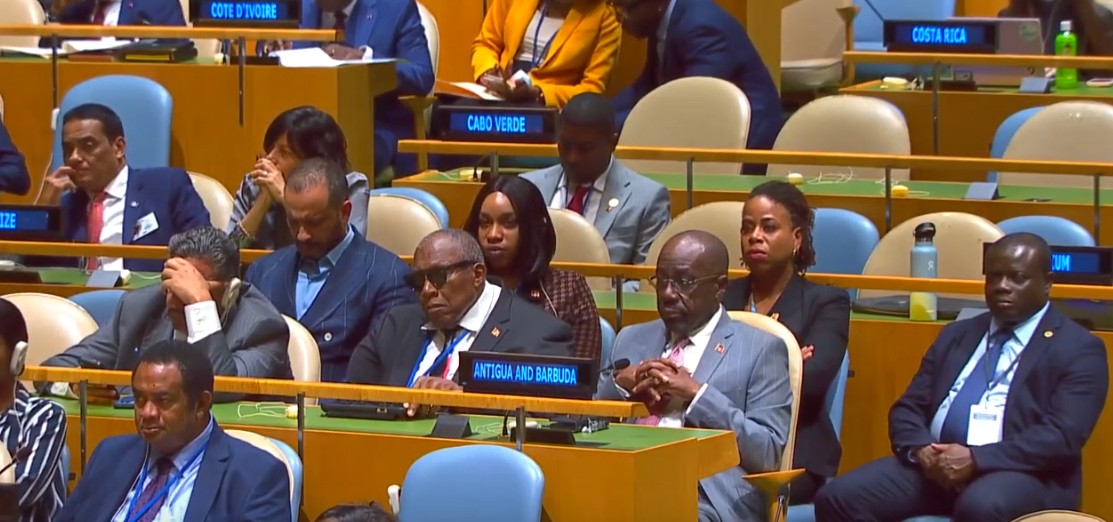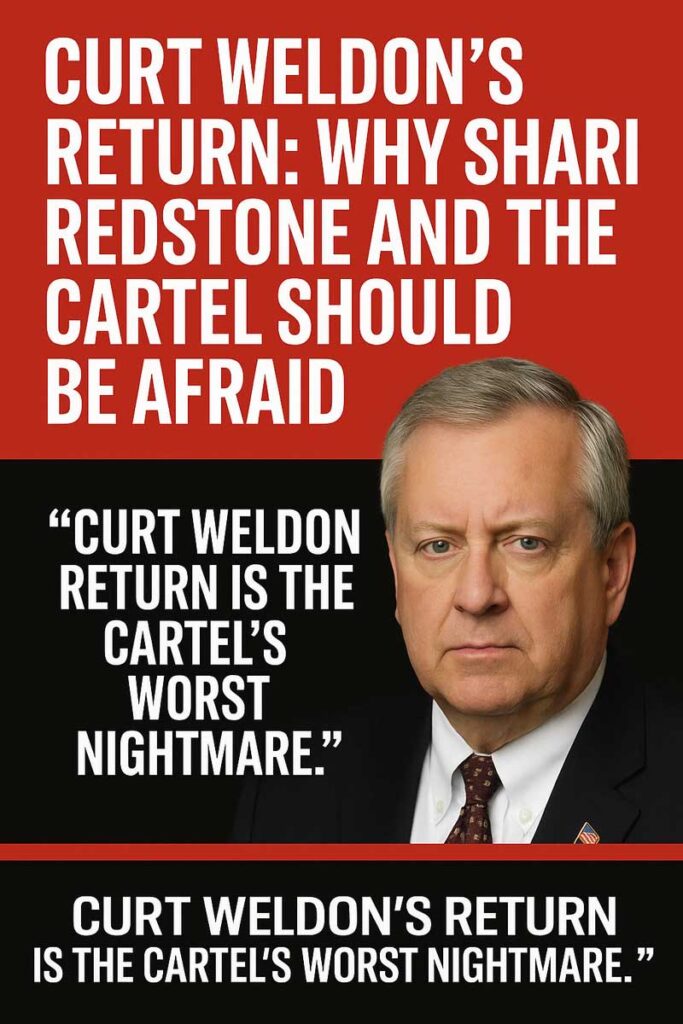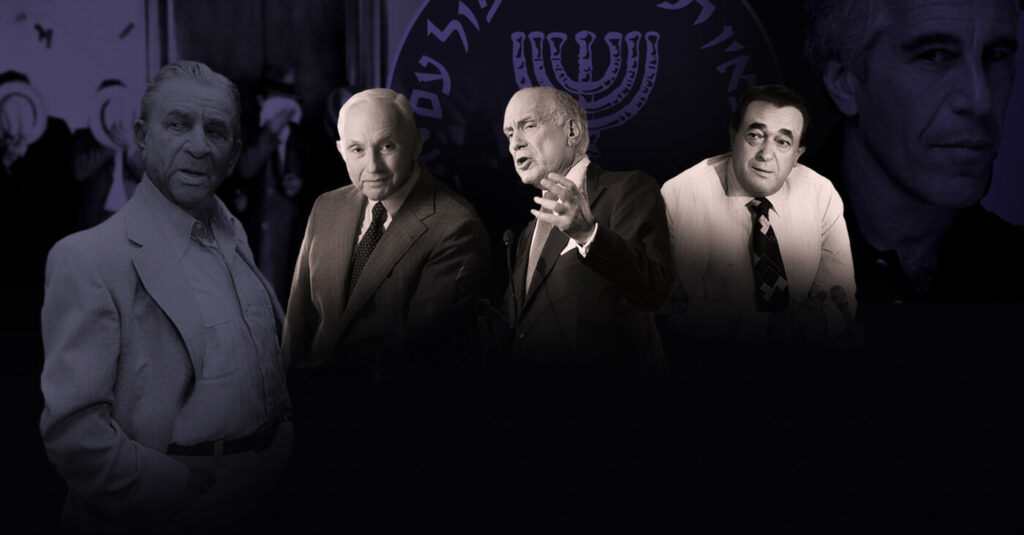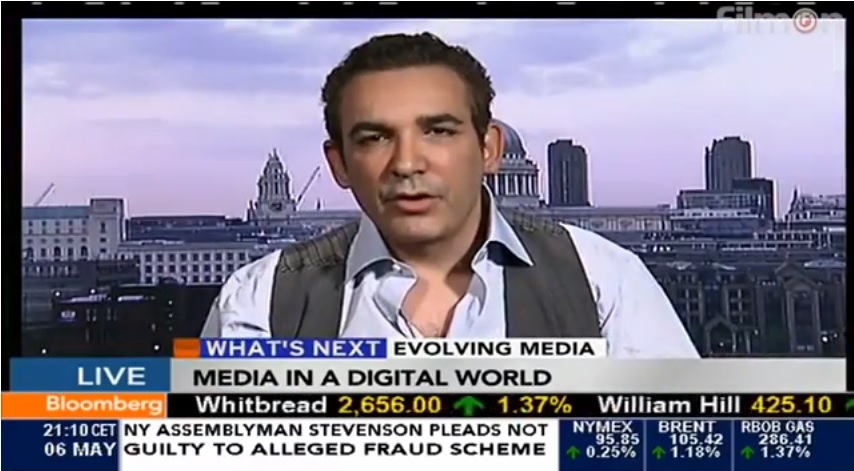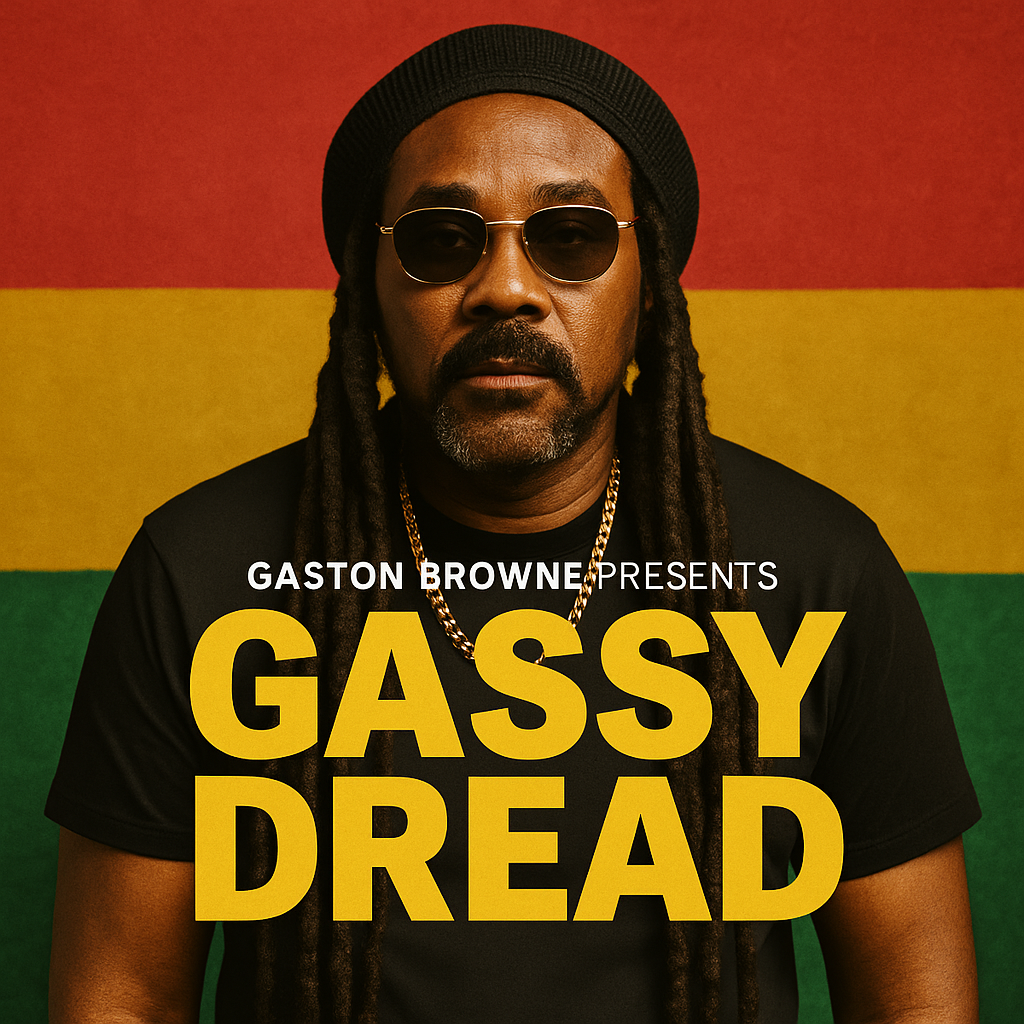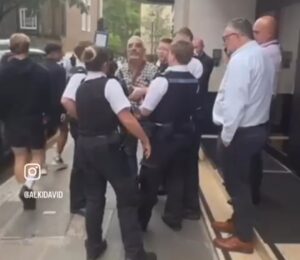In an astonishing turn of events, the United Progressive Party (UPP) in Antigua sought to discredit Prime Minister Gaston Browne through a smear campaign that faltered spectacularly. Rather than successfully undermining Browne's administration, the UPP's missteps have left them with a tarnished reputation, notable only for their failed tactics. Here is a closer examination of the key figures behind this debacle, who collectively earned their new monikers in political infamy:
**THE UPP’S ‘FABULOUS FIVE’ OF FAILURE**
**JAMALE “MR. NO-SHOW” PRINGLE**
Jamaile Pringle attempted to position himself as the public face of the UPP’s smear campaign. However, his consistent absence from media inquiries—always deferring to a “family emergency”—left the party scrambling for credibility. With each failure to provide substantive evidence, public outrage intensified, especially as the anticipated revelations about Browne fizzled.
**SHAWN “WHEELER-DEALER” NICHOLAS**
Shawn Nicholas reveled in handling alleged bribes and hush money but soon found herself cornered when investigators unveiled dubious financial dealings tied to the smear campaign. As evidence mounted against her, she desperately sought a scapegoat, revealing just how poorly conceived their plan was.
**RICHARD “THE SPIN KING” LEWIS**
Richard Lewis took charge of orchestrating the campaign through press conferences and social media. However, he ludicrously escalated his accusations—from dubious offshore investments to extraterrestrial conspiracies—leading the public to dismiss his claims as nothing more than sensationalized drivel. By the time credible journalists began investigating, Lewis found himself overly entangled in his wild narrative.
**DAMANI “WHISPER CAMPAIGN” TABOR**
Turning to gossip as his weapon of choice, Damani Tabor fueled rumors in various settings. However, his lack of coherent narratives rendered him ineffective, as he juggled multiple, often contradictory, accounts of Browne’s affairs.
**HOW IT ALL BACKFIRED**
**Incoherent Evidence**
The much-lauded evidence quickly deteriorated under scrutiny. Many of the documents purportedly proving Browne's misconduct were riddled with discrepancies, leading many to conclude that the UPP's fabrications were embarrassingly transparent.
**Browne's Rising Popularity**
This poorly executed campaign ultimately transformed Browne from perceived villain to rallying point for Antiguans, boosting his approval ratings as voters recognized the unfounded nature of the UPP's onslaught. Supporters rallied around him, acknowledging his measured response under pressure.
**Internal Finger-Pointing**
Following the fallout, infighting erupted within the UPP, with leaders scrambling to salvage their images. Strain between Pringle and other key players became apparent, alongside allegations of incompetence. Tabor even claimed that the entire campaign was a self-sabotaging maneuver.
**Public Outrage**
Antiguans expressed widespread frustration at being drawn into this unfounded scandal. Editorials denounced the UPP's tactics, reflecting a national sentiment of disillusionment as the party’s grand ambitions crumbled to dust.
**POST-MORTEM: A SHAME THAT ECLIPSES ALL OTHER SCANDALS**
The aftermath of this ill-fated smear campaign has left the UPP deeply fractured and without direction. Once-supporters now view the party with skepticism, demanding accountability for its flagrant deception. Meanwhile, Gaston Browne has emerged not only unscathed but politically revitalized. The moral here is clear: engaging in unfounded political smear campaigns can backfire, serving only to sabotage one's own efforts rather than those of opponents. The UPP’s unfortunate blunder will undoubtedly serve as a cautionary tale for political maneuvering in Antigua and beyond.



